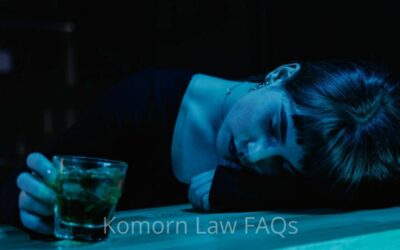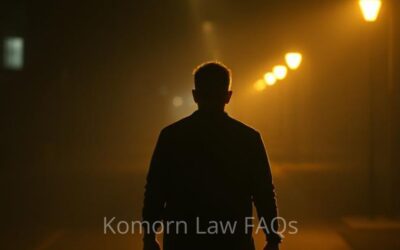The Michigan Supreme Court has reversed a state appeals court decision, issuing a ruling Wednesday that a single photo identification of a man suspected of robbing and shooting another man at gunpoint in Detroit wasn’t sufficient.
It’s a case that was argued last week before hundreds of students at Cass Tech High School in Detroit, as part of court’s Community Connections program that takes its proceedings on the road to high schools and colleges across the state.
It was the first time the high court held its proceedings at a Detroit school.
The case involved Elisah Thomas, 20, who was charged in a 2014 robbery and shooting on the city’s west side. Thomas has denied being involved in the incident, and told the Free Press Wednesday that he’s happy to be able to put the whole matter behind him.
“It was a rough time of my life that I’m glad to have over,” said Thomas, who was 17 and a high school senior at Oak Park High School at the time of his arrest. “This system can break you.”
Maria Miller, spokeswoman for the Wayne County Prosecutor’s office, said Wednesday that “there has not been a decision,” on whether to file a notice to appeal to the U.S. Supreme Court.
The key issue in the case: Whether the identification of Thomas raises due process concerns. After the victim, Dwight Dukes, was robbed and shot, police officers canvassed the area looking for a suspect. They came across Thomas, who said he had left his home to get a meal from a nearby coney island restaurant.
The police officer took his picture with a cell phone. Within a hour of the shooting, the officer was showing the single cell phone photo to the victim as he was being wheeled down a hospital hallway, asking him “Was this the guy who shot you?”
Lawyers for Thomas argued that the process was unnecessarily suggestive. A Wayne County Circuit judge agreed in February 2015, throwing out the identification and dismissing the charges. But the Michigan Court of Appeals reversed the circuit judge in December 2016.
“Due process concerns arise when law enforcement officers use an identification procedure that is both suggestive and unnecessary,” the court said in a written ruling.
“The parties do not dispute the facts relating to the identification: the victim viewed the assailant’s partially obscured face for no more than seven seconds on a dark city street with no streetlights while a gun was pointed at him. The description the victim gave to police officers was generic and could have described many young men in the area; moreover the victim’s description of the assailant changed between his first interview and his follow-up interview at the hospital.
“Accordingly, the trial court determined that the single photograph identification was sufficiently unreliable and that it should be suppressed. We agree with the trial court’s assessment of reliability based on the relevant totality of the circumstances.”
Thomas faced multiple charges, including one count of assault with intent to murder and one count of armed robbery. But the high court ruling means the charges against Thomas have been dismissed.
Thomas said the quick ruling – after oral arguments were held a week ago – indicates the members of the court “saw all of the flaws” of the case.
“They never even gave me a gunshot residue test,” Thomas said, adding that if they had, he would have never been charged.
“They didn’t have anything. They didn’t have any evidence against me.”
Thomas, who was taking community college classes in Lansing after the charges against him were originally dismissed in 2015, has dreams of being an entrepreneur and plans to return to college to get a degree in business administration.
But he worries about people who aren’t as fortunate as he was. He said he worked multiple jobs to raise enough money to pay his attorneys.
“I really feel for anyone who falls into this kind of situation,” he said. “I had the money to pay an attorney … A lot of people don’t.”
Contact Lori Higgins: 313-222-6651, lhiggins@freepress.com or @LoriAHiggins











